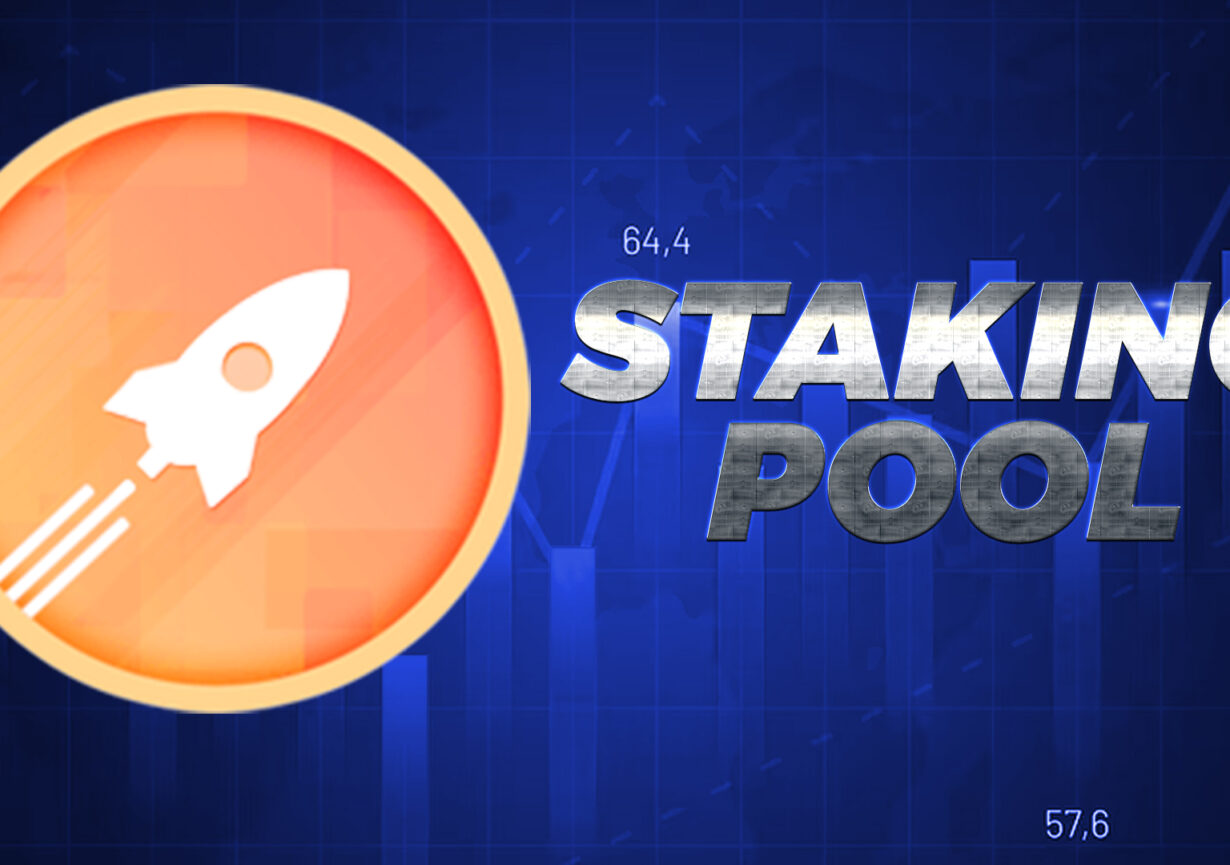- It was first conceived in late 2016, and after it had many successful public betas.
- It allows any individual, business, Defi, or wallet provider the service of earning rewards.
- Allows to become a validator and earn commission and protocol rewards.
What is Rocket Pool?
It is an open-source and decentralized Ethereum staking protocol that allows anyone worth little less than 0.1 ether in order to Stake. In a trustless manner so if the user wills to stake they need to send it to Rocket Pool smart contract, which sends you a token in return.
Later on, the node operator uses it to pool Ethereum to the stake, and as a staking reward comes in Ethe tokens. Which gradually increases in value relative to Ethereum and later on if the user wants to stop staking.
Or wants to claim rewards, then they can trade their RES tokens back to the Ethereum contract. And gets Ethernet in return, and that also increases the seeking rewards. Rocket pool allows the small-time holder to contribute and benefits from the green and decentralized financial system. Rocket Pool will launch every day as to date.
History of Rocket Pool
Was established in late 2016 by David Rugendkye with an alpha launch date of May 2017. Although after the launch, several bugs have been identified and corrected properly for the user’s better experience.
It aims to provide solutions geared around decentralization and trustlessness. It has grown every year since then and has also gained popularity. And as of date, more than 1400 node operators and 216,000 Eth have staked over Rocket Pool.
How does it work?
The desired amount is invested by the investors, the amount of Eth into their rocket pool. Later on, the users become the node operator. They can collect the commission for staking their tokens in the rocket pool.
The rocket pool is a watchtower node. Which is maintained by the rocket pool and works as a communication bridge between the Beacon Chain and the Ethereum and the Ethereum PoW network. These nodes are used to verify the exchange rate for rETH.
It Makes Money
It generates revenue by charging 14% fees on staking rewards earned by ETH deposits. Lido uses Rocket pool to earn fees which distributes a portion pf the fees to the DAO treasury.
Features of Lido
It provides Dual Token Model : RPL and rETH. rETH is a Tokenized staking. Various staking options on the rocket pool are called node staking. It was designed with several security protocols in place.
Rocket Pool makes ETH staking more affordable after the Shanghai upgrade. Rocket Pool deployed its Atlas update in April 2023 and launched with some architectural changes. This can help maintain the platform and help it become more compatible with the Ethereum network.
The recent upgrade in the rocket pool allows immediate access to node operators to their staking rewards. It also creates a mini pool, later becoming the withdrawal address for the exciting solo validator.
rToken
rToken is also known as a redeemable token for staking assets. Which is issued by StaFi protocol that can be tended to, lent, or borrowed in a variety of venus. The exchange rate of the rToken will be gradually increasing.


Leave a Reply